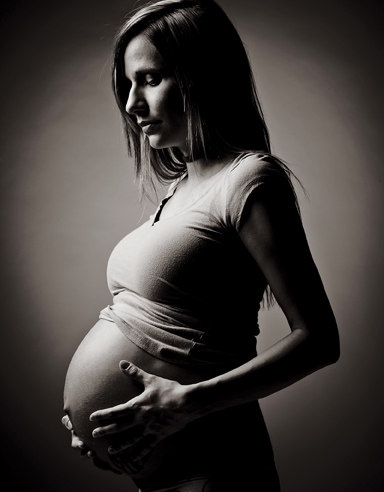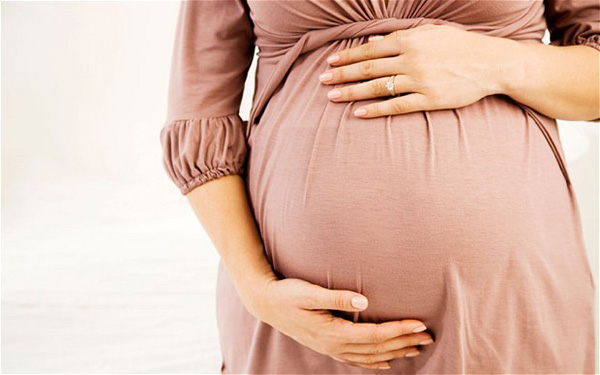Darkness and solitude: the pregnant woman in its active labor, should stand alone in a discreet lit room. Strong light presence in the room and too many people around can prevent the woman to focus and deal with painful contractions. Neither a large medical staff should not be in her room.
Too many people and light can heavily disturb and disrupt a pregnant woman on facing the development of her labor.
Quiet: noise that is commonly found in hospitals and maternity should be countered by closing the doors so the pregnant woman sitting in the salon can’t hear it, but also the appropriate conduct of medical personnel should avoid high voice conversations within hospital corridors and adopt a calm attitude in dealing with pregnant women.
Physical comfort: the woman should be allowed to stay in positions that are most convenient for her.
It should have the opportunity to hydrate herself during labor, respectively in the period between two contractions. Also her husband/partner should help her change positions as often as possible in order to maintain good blood circulation. Periodically she should go to the toilet.
Physical stress can occur during labor in different parts of the pregnant body and can be removed by urging the pregnant women to relax those muscles, or applying touch massage on these parts.
Breath control: panic due to fear of birth, rapid breathing which may occur during delivery leads to hyperventilation and impaired health status of the fetus. Therefore it is important that pregnant women be able to listen to quiet breathing, rhythmic, abdomen, which can be obtained only by relaxation.
The role of husband or partner in pregnant breath control is very important. The key to good breathing is to be relaxed, so that normal breathing reflects a good relaxation.
Eyes closed and the appearance of sleepiness: a guarantee that the pregnant woman is mentally and physically relaxed and it will not be disturbed, this will help her to focus on the orders it receives from the body during the labor.

